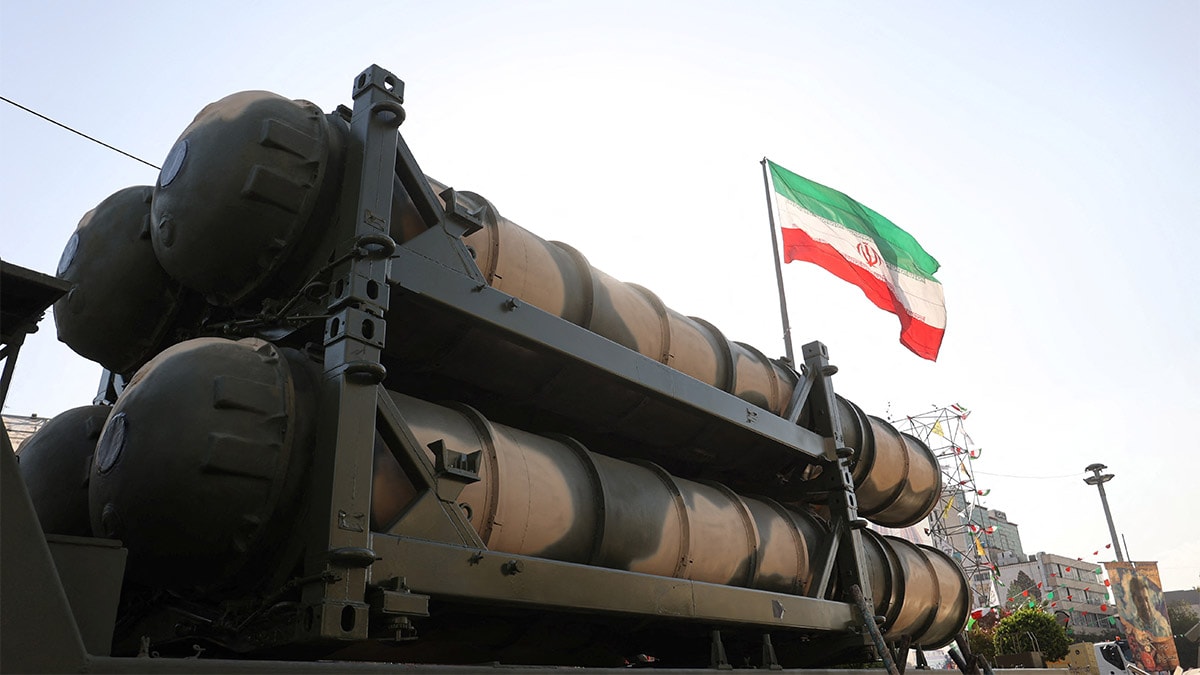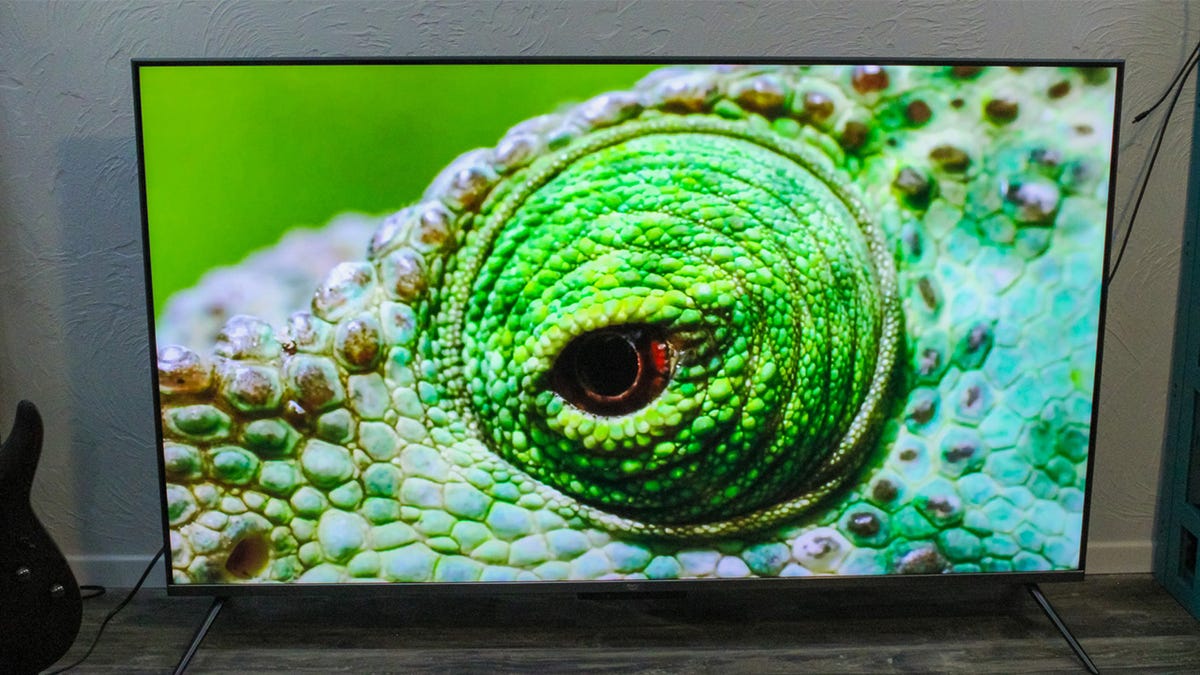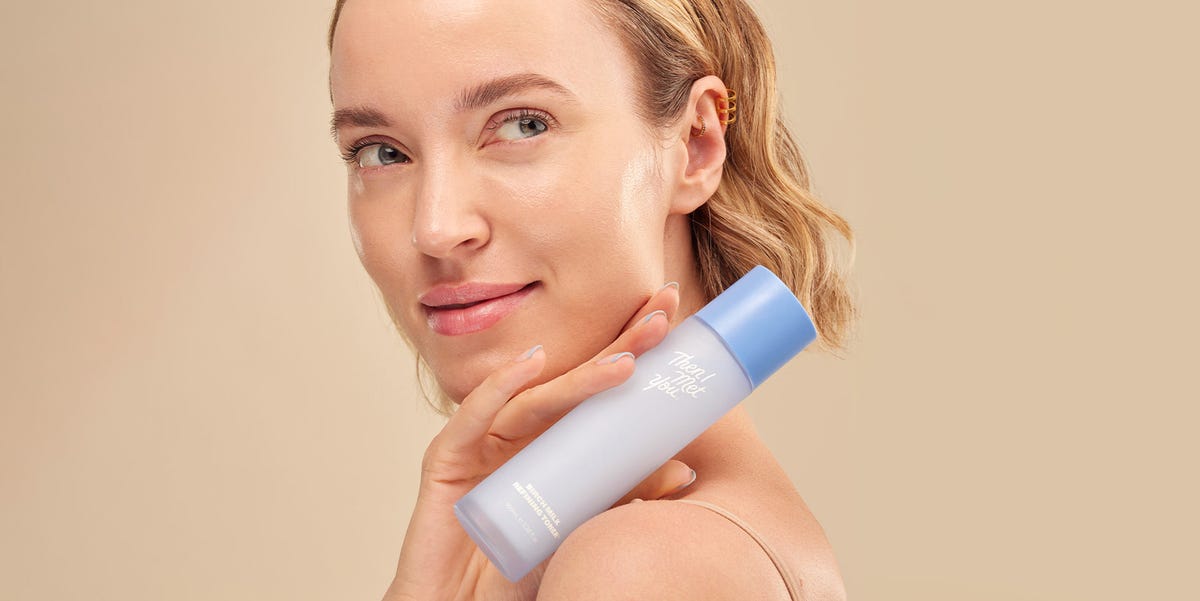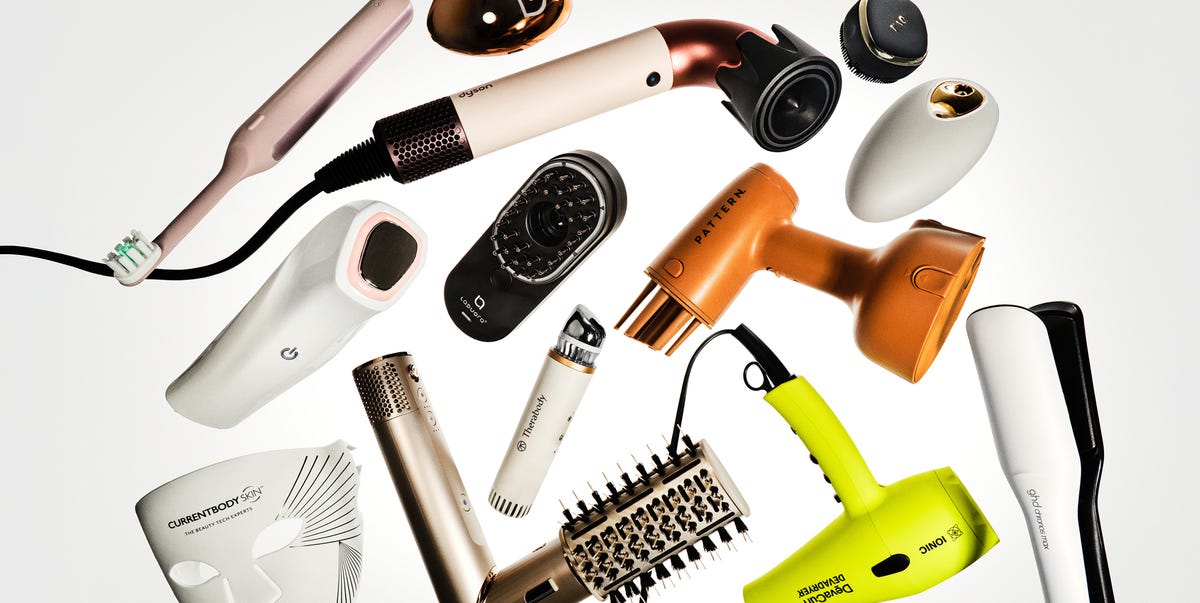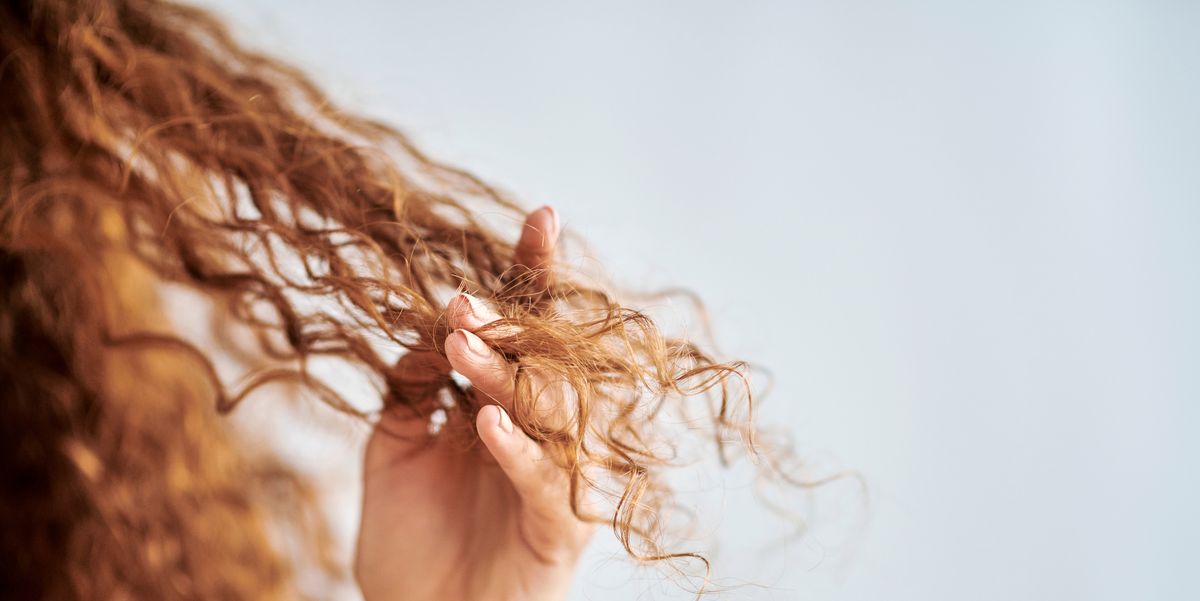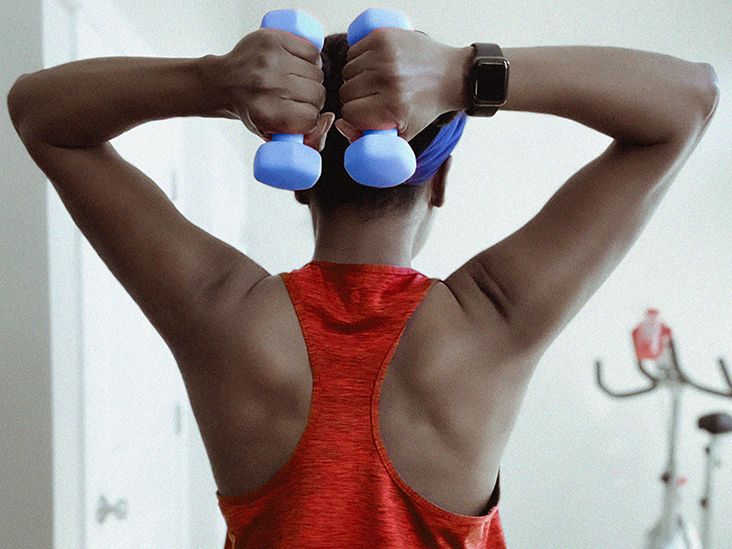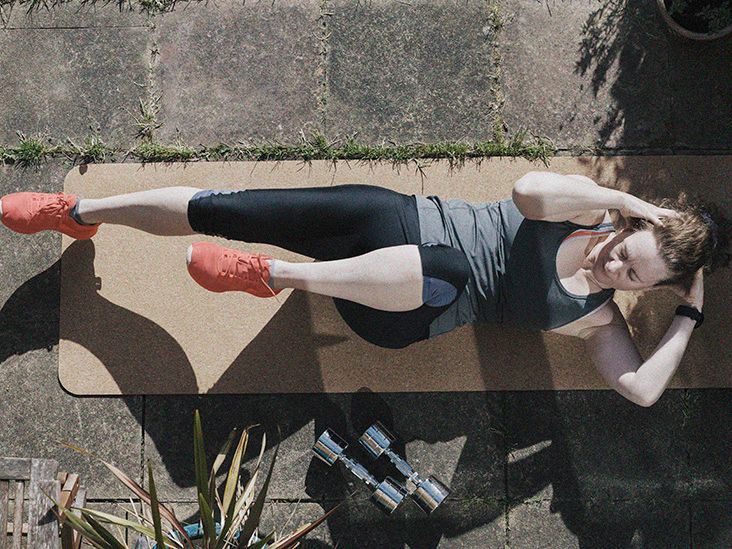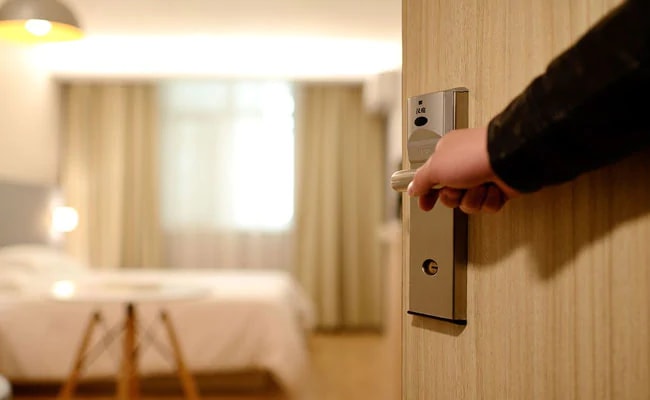Quarter Sheet Pans Are the Unsung Heroes of My Kitchen
Pretty much every home cook I know owns at least a few cookie sheets, and that’s because they’re one of the most versatile pieces of cooking equipment that you can own. They’re perfect for cookies, of course, but also ideal for roasting veggies, baking proteins, and the universally beloved sheet-pan dinner. And while the giant […]


Pretty much every home cook I know owns at least a few cookie sheets, and that’s because they’re one of the most versatile pieces of cooking equipment that you can own. They’re perfect for cookies, of course, but also ideal for roasting veggies, baking proteins, and the universally beloved sheet-pan dinner. And while the giant cookie sheet — typically called a “half sheet,” in baker’s parlance — is certainly useful, it doesn’t hold a candle to its smaller sibling, the quarter sheet pan.
The standard dimensions of a quarter sheet pan are 13 by 9 inches, the same as a typical baking dish, which means that they can still hold a ton of food. Too often, a half-sheet is just too large for the chicken cutlets and roasted broccoli that I’m cooking for my household of two people. All that extra space can lead to uneven cooking, too; it’s a real bummer when half of your cookies are perfect, and the other half are a little undercooked. With the quarter sheet, though, I rarely have that problem. I can bake four or six cookies — a perfect amount for two adults, and the rest of the dough goes in the freezer to bake later — with no problem.
For years, I was devoted to the Nordic Ware brand, largely because its quarter-sheet pans are affordable, durable, and consistently recommended by other bakers. I still have the first one I purchased — it was originally part of a Costco 3-pack — and it has been well-used. It’s not a perfect pan, though — its aluminum construction means that it has to be hand-washed unless you want it to develop a weird film caused by oxidation, and despite its hefty construction, it is still prone to warping.
Unsatisfied with my sheet pan situation, I scoured the internet in search of the best pans for pretty much any cooking situation. Here’s what I found.
How we tested
To put these sheet pans under the figurative magnifying glass, I baked multiple batches of cookies (snickerdoodles and peanut butter, if you must know) and roasted both frozen and fresh veggies on each sheet. All of the pans were subjected to the same (crappy, builder-grade) oven and washed by hand to determine exactly how difficult each would be to clean. To gauge their long-term durability, we consulted customer reviews while weighing them against our experiences during multiple rounds of wear and tear.
The best overall: Great Jones Little Sheet
Available in a chic array of colors, including magenta and the wildly popular cobalt blue, Great Jones’s Little Sheet feels a little bit like a gimmick. I’ve been tricked by these newcomer kitchen brands before, so I was admittedly skeptical that the Great Jones pan had any chance of winning my affection. For the first batch of snickerdoodles, I put the Great Jones pan head-to-head against the Nordic Ware, and it objectively outperformed my old favorite. The cookies set up better, their bottoms were browner and crispier, and their insides fluffier, and I attribute that to the heat retention that the pan’s added layer of ceramic adds. The Nordic Ware-baked cookies were good, but they were too flat, not cakey enough, and took longer to bake than their competitors.
As far as the roasted veggies were concerned, I didn’t notice much discernible difference between the Nordic Ware and the Great Jones, but there’s no denying that the colorful ceramic coating added a little panache to the dinner table. When it came time to clean up the mess in my kitchen, the Great Jones pan was the clear favorite. Every cookie baked on these pans just slid right off, without any resistance. I was able to sweep away burnt bits of broccoli and garlic into the trash with my hand. Perhaps that’s an unfair advantage — the NordicWare pan and other aluminum pans don’t proclaim to be non-stick — but I certainly appreciated that feature while doing a sinkful of dishes.
The sleeper hit for solo cooks: Baker’s Lane Quarter Size
Here’s where I admit that I ordered this sweet little sheet pan by accident — I thought it was going to be a great, budget-friendly dupe for the Great Jones pan thanks to its blue nonstick finish and $10 price tag. When it arrived, though, I was struck by just how compact it really was. Still, I’m not one to stew on minor mishaps, especially when I had more roasting to do. That mistake was actually a turn of fortune. My husband is a picky eater, so we regularly make dinner for ourselves, and we still run into the problem of having to use a pan that’s too big for the amount of food we’re trying to cook. Enter this tiny little wonder.
I was immediately impressed by its versatility. It’s great for heating up a single batch of leftovers, making a pan of nachos for one, or roasting a serving or two of veggies. I was able to bake three cookies without any of them touching — four was, sadly, too many — and the finished cookies slid off without leaving any residue behind. The only thing I didn’t love about this pan is that unlike the Great Jones, it’s not dishwasher-safe. But for $10, hand-washing this pan still feels totally worth it.
The best aluminum quarter sheet: Vollrath
Of the aluminum quarter-sheets I tried — made by Vollrath, Nordic Ware, and Made In — I didn’t notice a major difference in how they cooked. All three were sturdy, looked nice, and were heavy enough to feel durable without being too heavy to pull out of the oven. Ultimately, the Vollrath sheet won the day thanks to its heft and super-shiny surface, which produced golden brown cookie bottoms and crispy, evenly cooked veggies every single time.
A note about sheet pan care
If you want any of these pans to remain beautiful, you’re going to have to hand-wash them. Putting aluminum in the dishwasher will cause the pans to oxidize, which leaves a greyish film that’s harmless but visually unappealing. Ceramic-coated pans may chip or lose their coating over time, and you should never use metal utensils on them.
Then there is the issue of polymerized oil. If you use a lot of cooking spray or oils at high temperatures in your oven, the oil can burn and form stains on your pans that are difficult to remove. You can scrub them away with an abrasive cleaner like Bar Keeper’s Friend (check your pan’s care instructions to make sure that it’s safe for your surface) or, simply, make your peace with the stains as a natural part of cooking.



